Iftin Foundation getting the support from BUILD project held two-day roundtable meeting for people with disabilities on October 19th -20th, on public places’ accessibility for PWDs targeting 20 representatives from 13 PWDs and Youth CSOs. The two consecutive day roundtable meeting for public accessibilities for people with disabilities was about to find and realize the easiest and suitable ways which public accessibility for People with disabilities can be promoted in order to enhance with the public participation of PWDs while focusing on the rights of PWDs for public spaces/places in Mogadishu and address current limitations and challenges in accessing public spaces and its consequence on their political and socio-economic participation. In both sessions, PWDs participants appreciated the roundtable meeting as they shared their frustration of lack of accessibility in the past and were encouraged to try and engage in attempting to remedy that.
The two day Session’s key speakers note
During the discussion of findings conducted by Iftin Foundation, some of the participants discussed that the public places required implementing an accessible facility for PWDs concerns different public institutions and private organizations, so it would need to discuss this issue with those different organizations/institutions, while some others said that that problem is not only lack of public places’ ramps accessibility but even banks counters and sign languages translators as well as the worshiping places like mosque needs to make accesses.
In the discussion, it was suggested that people with disability are too much different and their needs are too different therefore it will be good to distinguish categories like1-5 levels. The level one is the most vulnerable groups are blind and wheelchair users while level 5 are normal group with physical disabilities. Mohamed Salad Ali “If this work would be started early by Creative and Iftin, the disable people would be more active in time”.
Abdullahan Hassan Osman “Ramps accessibility is very good but it needs to ask banks and remittance and business to arrange counters/boots for wheelchair holder and toilets should be included the accessibility because most of the disable persons are not able to use other normal toilets”.
Participants have emphasized it is necessary to have legal framework regulate with disable community as to have basic rights for PWD. Ismail Ahmed Ali, “sign language and the braille are not included National curriculum in the schools therefore we need to have legal rights since we have many students who have this condition and have right to learn like any other citizen in the country”.
Most of the participants discussed that accessibility is first importance but they said accessibility is not only wheelchair ramps but also artificial legs are also key for accessibility and it facilitates participation and active role play of some disable people, Halawai Sheikh Dahir “The artificial legs are very important for accessibility because I would not arrive this fruitful discussion meeting without having with artificial legs”.
A participant welcomed the assessment data and rated is excellent according to their perspectives. Omar Abdi Omar “it is one we needed but it would be great to reach more public places in order to succeed more places to make accessible facilities”. Mr. Omar said that they are so much happy the seriousness of Iftin, “Iftin Foundation and its sponsors are on the path of supporting for PWDs”.
Some participants that are some public service provider places like CID, Passport Center, Banadir Municipality which disable people have some difficulties and said they would like to create particular office for PWDs in those centers to ease their service accessibility. The most point of view of the participants was to engage unified campaign awareness messages securing PWDs rights, “To invite PWDs representatives and give speak role within other non-disable community event can be important tool for awareness of PWD’s issues dissemination”
Abdinasir Jim’ale (deaf),“Deaf people able to go anywhere but when they arrive their destination, services providers don’t understand them therefore we need to pressure them to hire people know sign language”, Abdinasir discussed that business owners, public institution managers and government staff and policemen to learn sign language is part of accessibility therefore they should learn it”.
Abdullahi Hassan Hussein, “We as disable people have not effective connection with normal Community because they are not understanding our real situation therefore awareness for public is very considerable”.
During the 2days roundtable debate was discussed the economic situation of PWDs and participants said that most demandable ideas for PWDs are business startups and would need microfinance support to build their future and become independent.
All participants satisfied hard work of Iftin Foundation and they also thank USAID and Creative for their funding technical support for the People with Disability in Somalia.


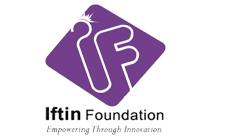

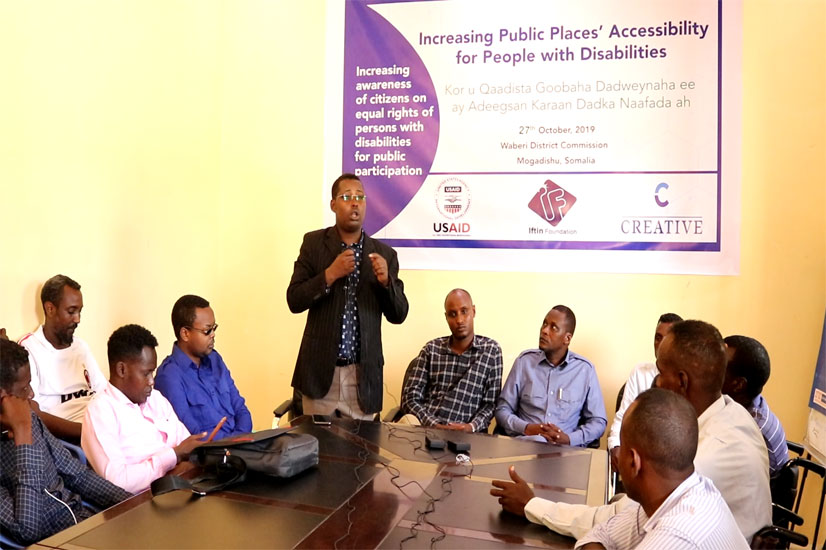
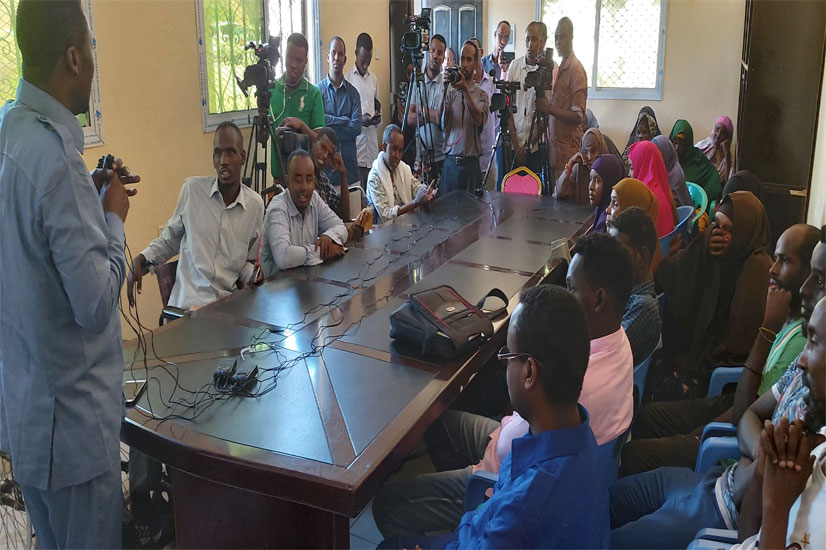
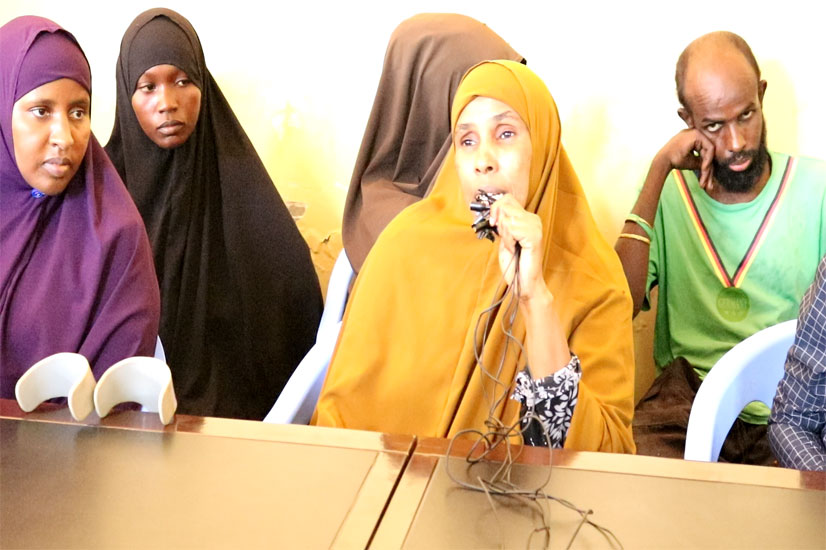



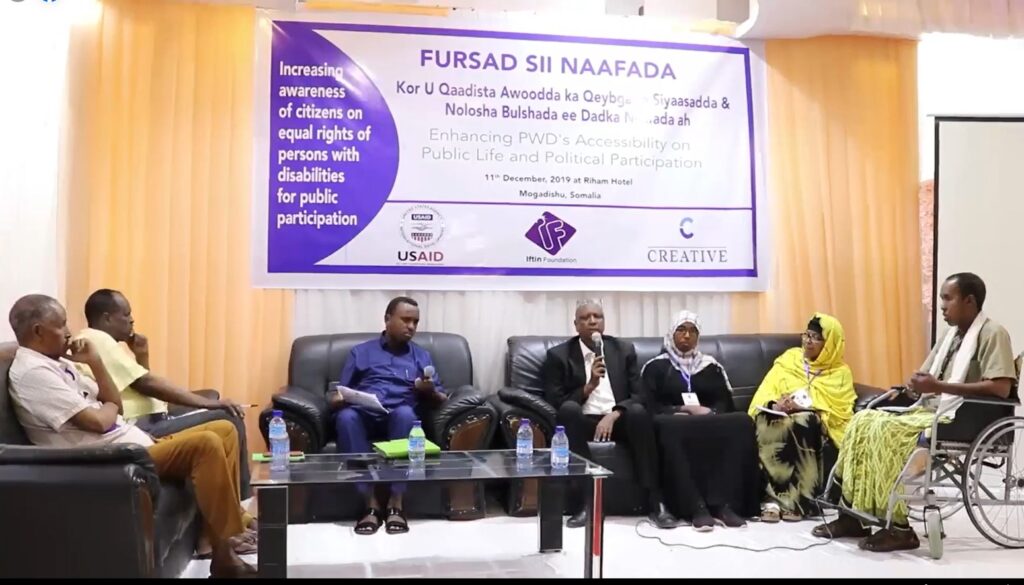
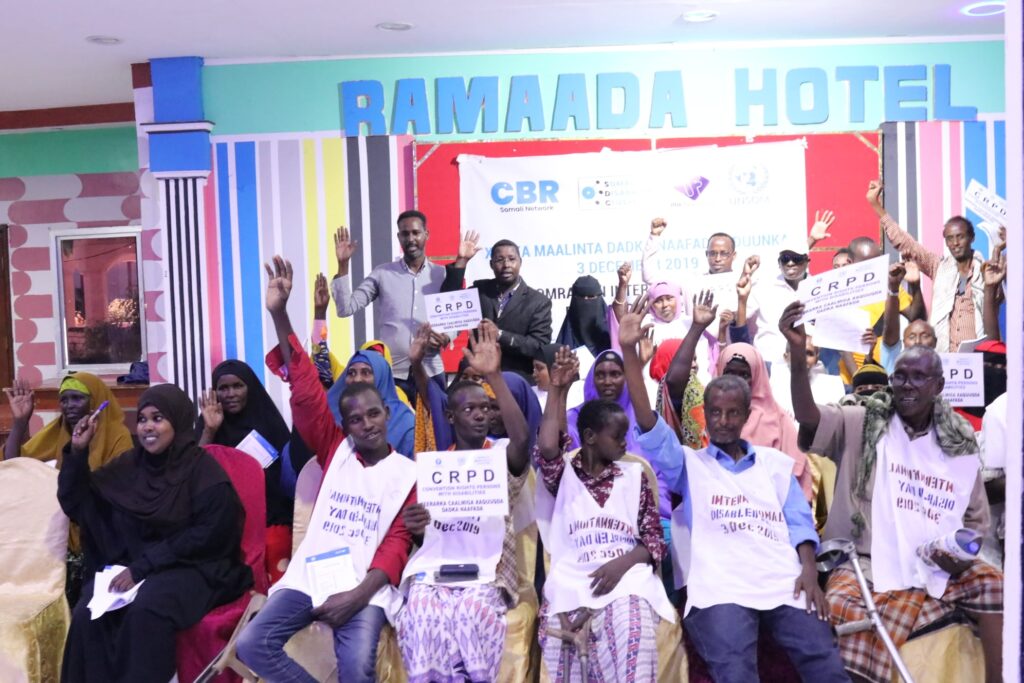
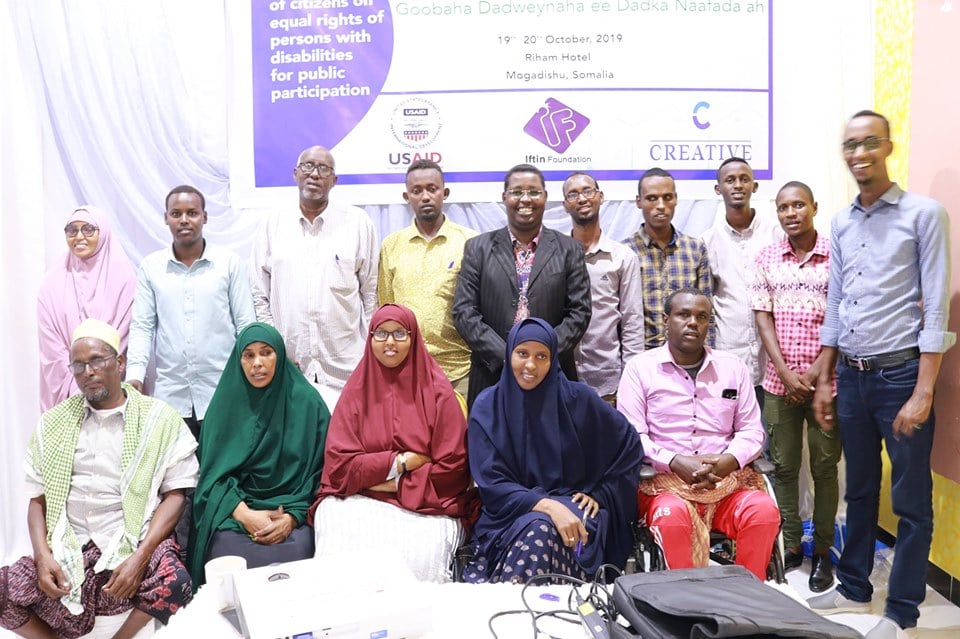
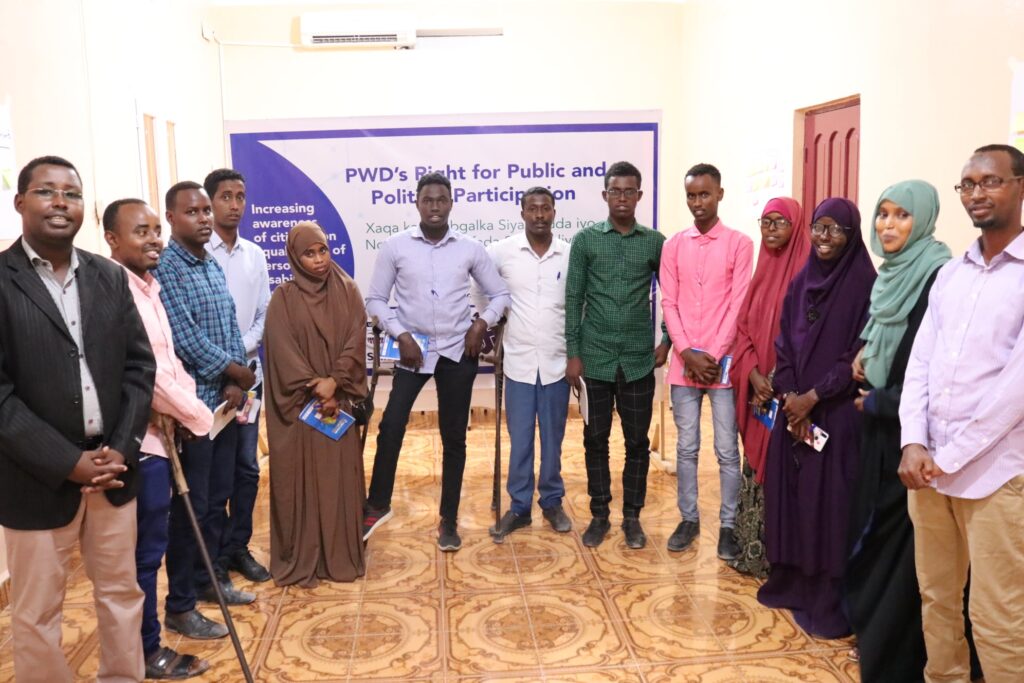
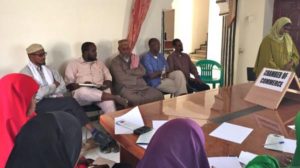
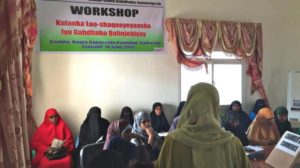
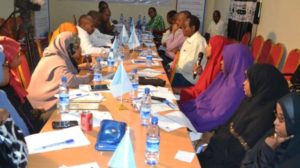
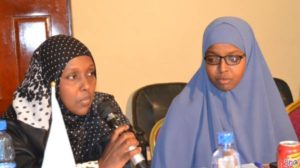

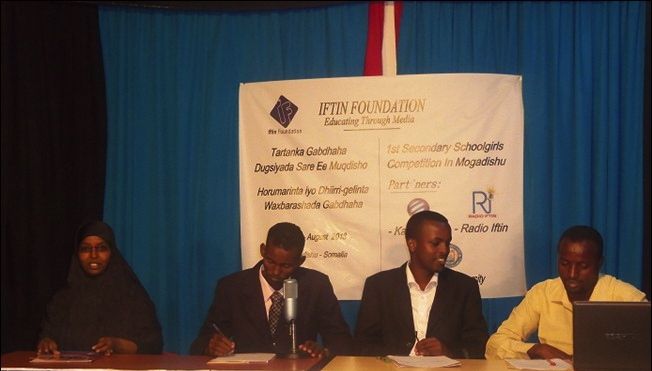
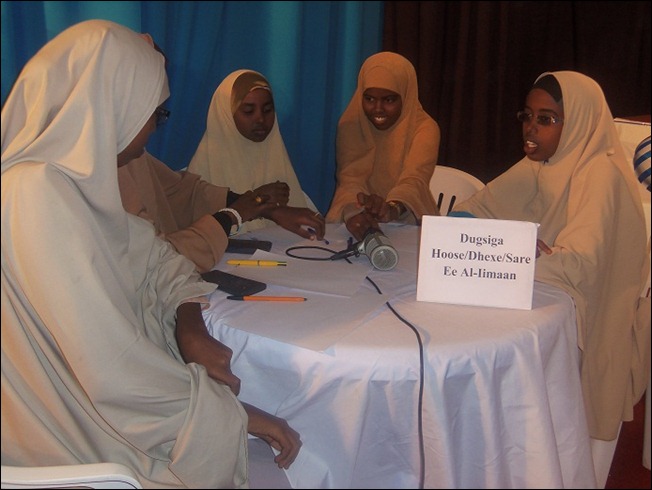 Objectives:
Objectives: Beneficiaries:
Beneficiaries: